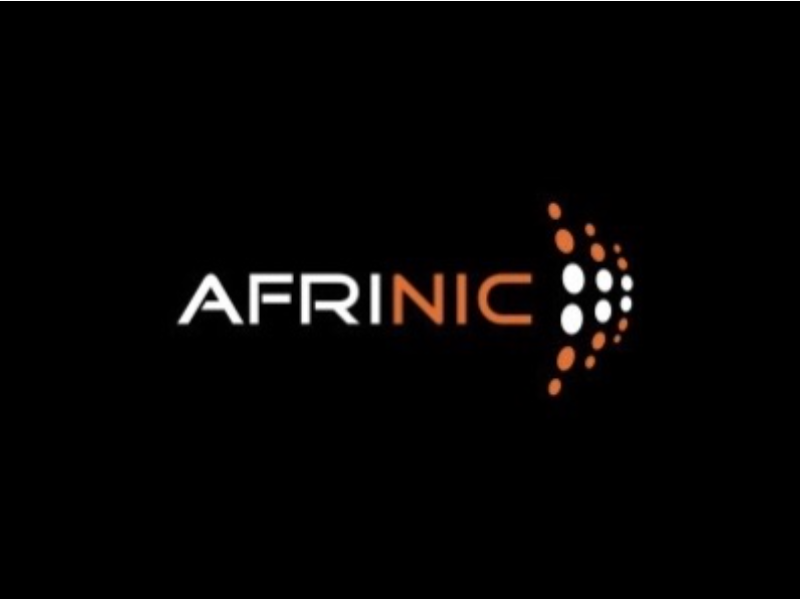- Mauritius Supreme Court ruled that AFRINIC’s Nomination Committee is valid and the election may proceed under current protocols.
- Concerns about compliance with the Companies Act 2001 remain debated, but the court upheld the structure of the electoral process.
What happened: First board election since attempted recovery
After years of organisational paralysis, the African Network Information Centre (AFRINIC) is finally holding its board election—its first since 2022. The voting process, which includes electronic and in-person components, began on 18 June 2025, with the in-person session held on 23 June.
This election follows a prolonged period of instability, during which AFRINIC was placed under receivership, and saw key governance activities suspended. As part of the recovery effort, Mauritius’s Supreme Court appointed a new receiver who established a Nomination Committee in collaboration with external legal counsel. This committee produced a balanced slate of candidates to contest regional and non-regional board seats.
ICANN and TISPA challenge the process, court pushes back
While the election appeared to mark a new beginning, a wave of legal challenges in early June temporarily halted proceedings. The Tanzania Internet Service Providers Association (TISPA) filed for an injunction, citing concerns about the voting rights of members who joined after a specific cutoff date. That filing drew support from the Internet Corporation for Assigned Names and Numbers (ICANN), which issued a statement urging greater transparency and fairness in the election process.
However, on 19 June 2025, the Supreme Court of Mauritius (Commercial Division) dismissed these objections, declaring that the Nomination Committee had been validly constituted. The court found that ICANN lacked standing to request a reorganisation of AFRINIC’s election process and criticised the timing and substance of its intervention.
Also read: AFRINIC elections 2025: ICANN is ‘inappropriate’, ‘unreasonable’ and ‘irresponsible’
Entire election halted over one contested ballot
But just as progress was being made, the election has once again been suspended, this time due to a dispute over a single vote. Electronic voting began on 18 June, and hundreds of AFRINIC members cast their ballots. But shortly after, a procedural objection was raised regarding one vote—reportedly involving a dispute over voting credentials. As a result, the receiver appointed by the Mauritian court decided to suspend the election entirely, with a new tentative date set for September 2025.
This abrupt halt has triggered frustration and confusion among AFRINIC members, many of whom had already voted. The decision effectively voids all previously submitted votes—despite no evidence of systemic fraud or widespread irregularities.
Also read: AFRINIC staff violated obligations during 2025 election
Why it’s important: Legal proportionality and member rights called into question
The move raises critical questions about proportionality, transparency, and compliance with the Companies Act 2001, under which AFRINIC is regulated. While the law requires fair and accurate elections, it does not stipulate that a single contested ballot justifies invalidating an entire process.
Section 117 of the Act governs shareholder meetings and voting, emphasising the need for proper authorisation and verifiable identity. However, legal observers argue that scrutinising one vote should not justify the cancellation of all legitimate votes already cast—especially when those votes were submitted in good faith under court-approved procedures.
Indeed, this raises a larger question: Is it lawful to suspend a corporate election based solely on a single disputed ballot? And if so, under what conditions?
Also read: As ICANN threatens to ‘review’ AFRINIC, an elected board is its only hope for survival
Receiver’s action seen as undermining Court-Endorsed process
The Supreme Court of Mauritius had earlier affirmed the validity of AFRINIC’s Nomination Committee and cleared the organisation to proceed with its election. The court acknowledged that AFRINIC’s procedures—including its hybrid voting model—complied with legal standards and dismissed calls from ICANN and TISPA to dissolve the process. Now, the current delay appears to contradict that ruling’s spirit.
Moreover, the cancellation of already-cast votes undermines member trust, disrupts organisational stability, and sets a dangerous precedent: that any single objection can derail a process involving hundreds of stakeholders.
Ongoing delays risk further damage to African internet governance
AFRINIC plays a vital role in managing internet number resources across the continent. Its governance decisions impact infrastructure development, cybersecurity coordination, and the future of internet policy in Africa. The current delay doesn’t just affect internal politics—it puts the broader African internet ecosystem in a continued state of uncertainty.
Community leaders and organisations such as ZANOG and ISPA have already expressed support for a prompt and lawful election process. Many argue that delaying the election yet again—this time without clear legal justification—risks further eroding the legitimacy of AFRINIC’s leadership structure.
If AFRINIC is to move forward, it must do so with clarity, proportionality, and fairness. Upholding legal principles does not mean overcorrecting. A single vote should be investigated—but not at the expense of democracy.

